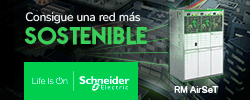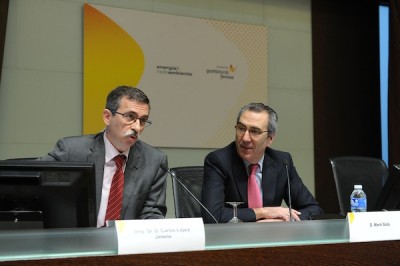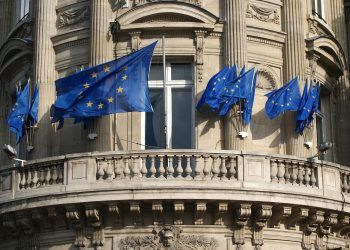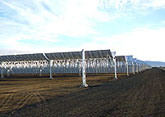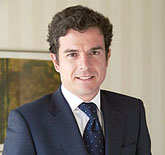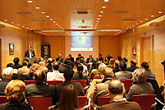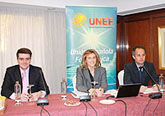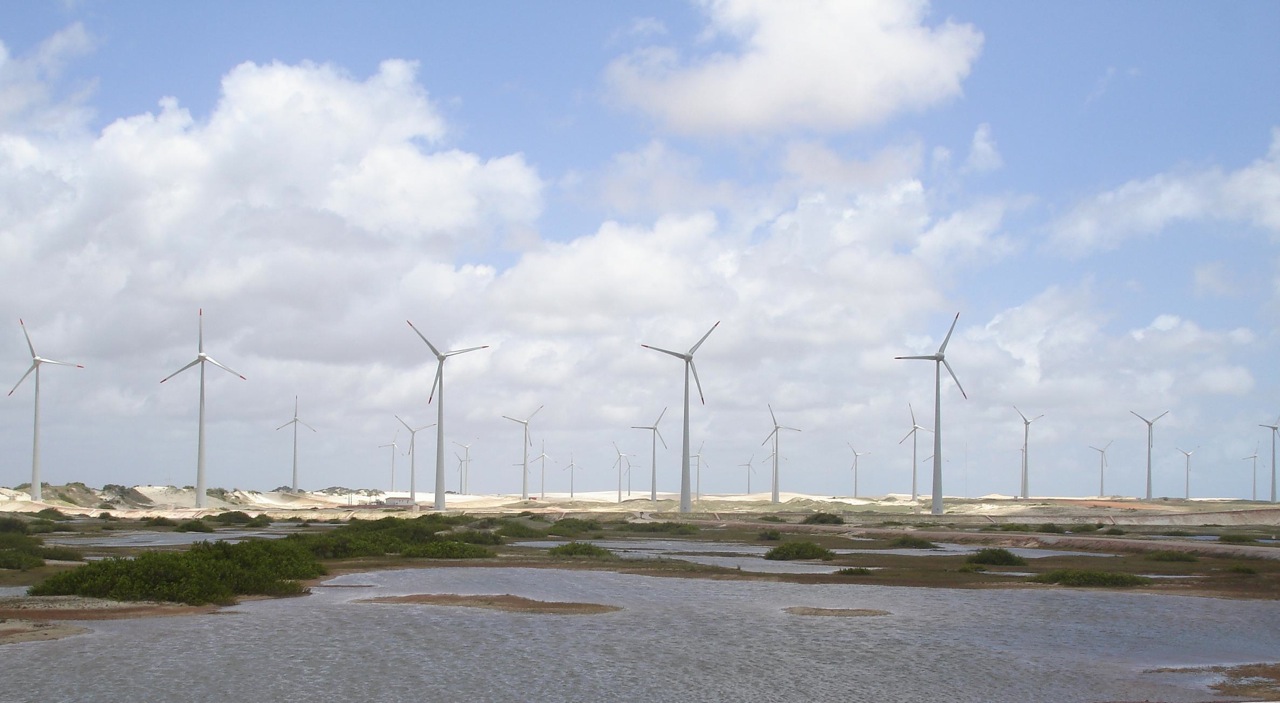Can you imagine a city where smart systems would manage road traffic and public transport and thus reduce air pollution and save energy costs? Are Smart Cities able to use new technologies in combination with energy and environmental aspects for improving the quality of life?
Organized by Gas Natural Fenosa, the seminar “Smart Cities energy and environmental aspects” was held in Madrid yesterday. There an analysis was made of the energy and environmental alternatives that open up in the smart cities, able to fully use the new information and communication technologies (ICT) to improve urban services and quality of life of its inhabitants. The experts detailed the advances enabled by these technologies to improve water and waste management, urban mobility and the efficient management of buildings.
This meeting gathered about 200 professionals.
Smart Systems
The director of the Center for Transportation Research (TRANSyT) of the Polytechnic University of Madrid, Andrés Monzón, presented smart applications and systems in which the integration of ICT, from an intermodal point of view, can integrate the management of road traffic and public transport to manage mobility more efficiently in urban areas. Sharing the intermodal information between the managers of the transport system and citizens can reduce congestion, air pollution and the emission of greenhouse gases.
Energy savings
For his part, the director general of the Building Technologies Division of Siemens Spain, Jesus Maria Daza stressed that savings in the energy consumption of a building of up to 30% can be guaranteed through appropriate technology. The idea is, as he explained, to turn the buildings into smart and sustainable places. A smart building that generates and stores energy, interacts with smart networks and is able to manage its own demand and power generation to minimize the cost of energy and CO2 emissions.
The technical Councilor of Economy and Employment of the City of Madrid, Enrique López Galán explained the operation of the system for data acquisition and exploitation (SAED), a tool that integrates all the information generated in the different stages of urban solid waste management of Madrid to then be used for both technical as economic and administrative purposes. With more than 3,340 tons per day of waste entry, Madrid´s technological fleet recovers more than 234 t / day of recyclable materials, it generates more than 567 MWh per day of energy and feeds more than 16,574 Nm3 of bio-methane into the gas network daily.
Smart water management
Deputy director Water Treatment and Environment of Canal de Isabel II, Miguel Angel Galvez, said that the Community of Madrid is a world benchmark in the installation of micro-turbines in water distribution networks for human consumption. Its progressive implementation is a clear model of smart management of the entire water cycle through distributed generation of electricity, reaching a production capacity exceeding 6,000 GWh / year equivalent to a reduction of emissions exceeding 1,000 tons of CO2 per year.
Professor of the Department of Transport and Territory of the School of Civil Engineering, Channels and Ports of the Polytechnical University of Madrid, Rosa Maria Arce, stressed the need for cities to establish strategies to cope with and adapt successfully to the change processes. To do this, many new solutions have to do with information technology and communication applied in all sectors and in which the citizen participates voluntarily or involuntarily. Arce recalled that the application of technological solutions, which makes cities » smarter», should keep in mind that the main objective is the social, economic and environmental sustainability, with citizens, the people in the center of all processes.
Director of Engineering and Technological Innovation of Gas Natural Fenosa, Blanca Losada, analyzed the deployment of smart grids and distributed power generation technologies in cities to improve the efficiency and sustainability of the same.
Carlos Sánchez Criado
Publicista por la Universidad Complutense. Director comercial de publicaciones técnicas del sector de la energía durante doce años. Director de Energy News Events, S.L. desde 2012 difundiendo información en Energynews.es, movilidadelectrica.com e hidrogeno-verde.es. Y por supuesto, organizando eventos como VEM, la Feria del Vehículo Eléctrico de Madrid.


